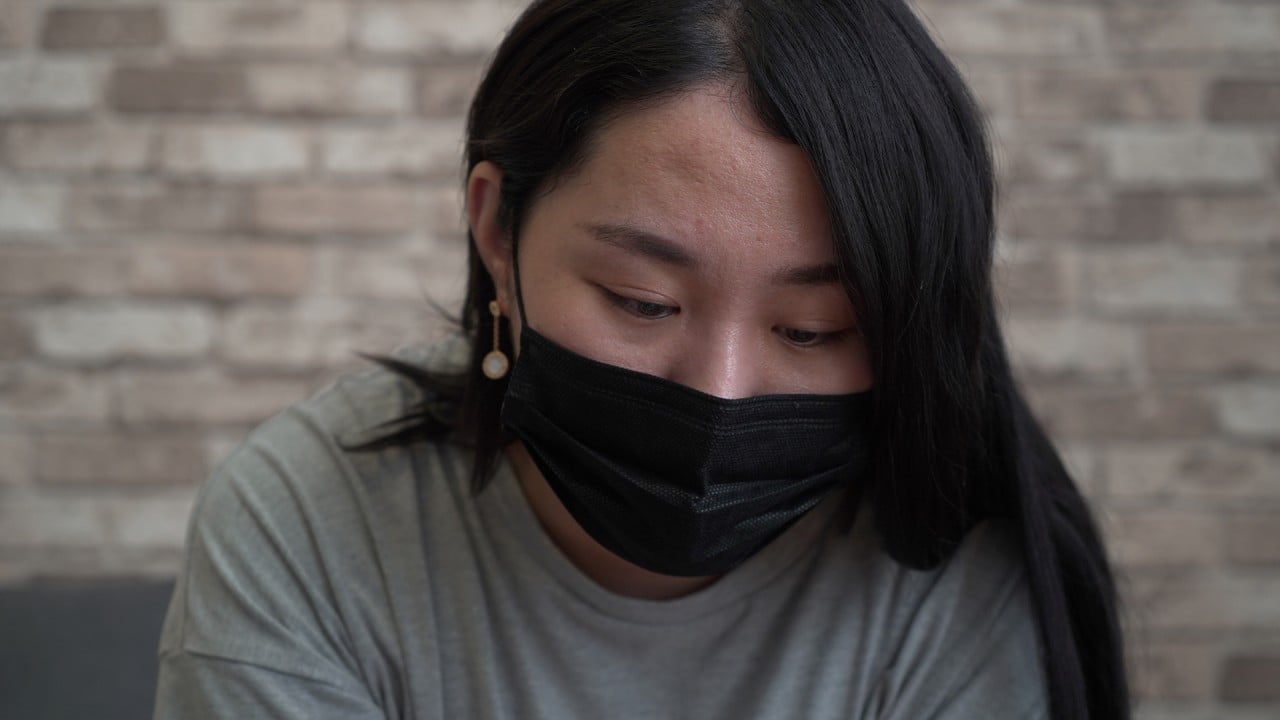Online mutual aid platforms are plugging a health care gap in China for those on lower incomes
- China has dozens of online mutual aid platforms, with the three biggest players each having more than 10 million members
- The platforms are popular among low- and middle-income households in rural areas, where there is often a lack of quality hospitals and affordable care

Pay less than US$1 and get up to 100,000 yuan (US$14,144) of help if you face a critical illness – this is how an online health care mutual aid platform helped rural resident Hu Youbin pay medical expenses when he was diagnosed with cancer last year.
In a country with a population of over 1.4 billion and uneven access to quality health care, poverty due to serious illness is a reality that many low and middle-income households like Hu’s have to potentially face.
However, the situation has been improving as Chinese tech giants including e-commerce company Alibaba, search engine Baidu, on-demand delivery company Meituan Dianping, ride-hailing operator Didi Chuxing and smartphone maker Xiaomi now offer more affordable health care plans via mutual aid platforms, which operate as a collective claim-sharing mechanism.

04:42
Chinese internet companies take the lead in affordable health insurance for working class and poor
Unlike other crowdfunding platforms where people raise funds for specific projects with certain amounts of money, participants of mutual aid platforms share the cost of a claim only when it has been verified – so a 1,000 yuan claim for medical treatment by a person would end up as a cost of 1 yuan each for a pool of 1,000 people in a mutual aid scheme. Platform operators typically charge a fee to members when collecting for a claim.
“I joined the platform because I wanted to help others. One or two yuan is not big money,” Hu, one of the beneficiaries on Alibaba’s mutual aid platform Xiang Hu Bao, said. “I did not expect that I would benefit [from the service] and I did not want to. But I had no choice when I got ill.”
From China’s Hunan province, 56-year-old Hu was diagnosed with oral cancer last April and had surgery the following month. His family spent about 140,000 yuan on living expenses and medical fees – equal to more than two years of their income. By the time Hu got ill, he had paid 4.79 yuan in total to cover claims from about 2,200 members like him.